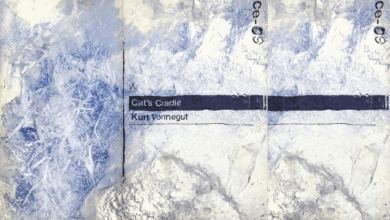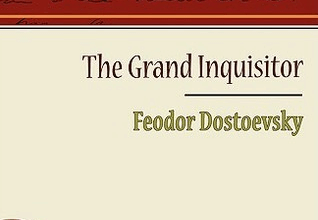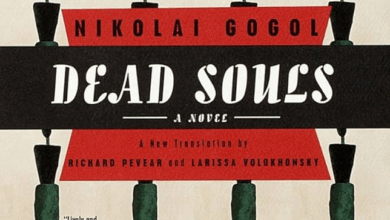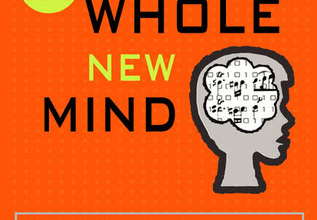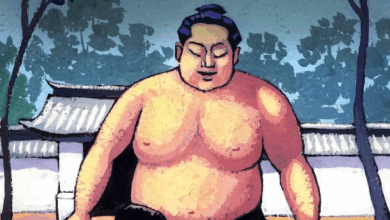Beloved by Toni Morrison: A Wound That Never Heals
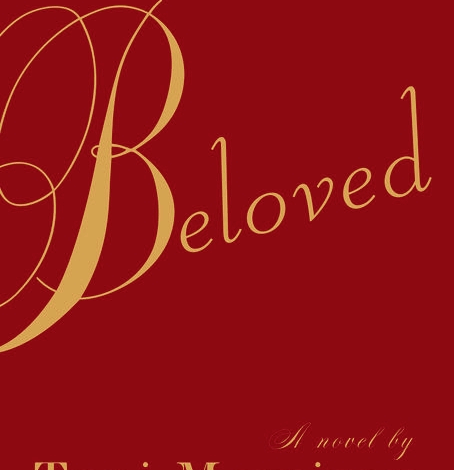
Toni Morrison’s Beloved isn’t a novel you simply finish and put away. It lingers — like a voice breathing in the dark, like the echo of something too painful to forget. What Morrison captures is more than history; it’s the anatomy of trauma. The pain of Black America isn’t narrated through statistics or speeches but through memory, guilt, and love that’s gone feral.
Beloved transforms the language of realism into a haunted landscape where the supernatural is not an escape from truth but the only way to tell it. The novel’s magic realism isn’t decorative — it’s a necessity. When ordinary words fail to describe the horror of slavery, ghosts must speak instead.
From Flesh to Memory
At its core stands Sethe, a former slave who escaped from the plantation called Sweet Home and now lives in Cincinnati with her daughter Denver. But freedom is a fragile word in Morrison’s world. The past keeps returning — literally — in the form of Beloved, the ghost of the daughter Sethe once killed to save her from being enslaved again.
Beloved isn’t just a spirit; she’s the embodiment of every unburied memory, every trauma too deep for language. She’s history made flesh. Sethe’s act of killing her child — both horrifying and heartbreaking — becomes the center of the novel’s moral storm. Morrison doesn’t ask us to forgive or condemn her; she asks us to witness her.
Sethe herself is one of the most complex women in modern literature. She’s not simply a victim nor a hero. She stands in the gray zone where love and violence intertwine, where protection turns into destruction. Her madness isn’t insanity — it’s the final form of love in an unloving world.
Morrison structures the story like a collective therapy session. Each flashback feels like a return to a trauma that refuses to die. The reader, like Sethe, keeps circling back to the wound, hoping for healing but finding only deeper echoes.
The Dark Magic of Memory
When we think of magical realism, we often think of Márquez — sunlight, colors, and myth. Morrison’s version is its night side. Her ghosts don’t charm; they accuse. The supernatural in Beloved doesn’t lift us from reality — it buries us deeper in it.
The haunted house at ۱۲۴ Bluestone Road isn’t just a setting. It’s a living character, breathing grief, whispering the names of the dead. It’s also a metaphor for America itself — a house built on unacknowledged graves, where history keeps knocking on the walls.

Beyond the Individual
Morrison’s vision transcends personal suffering. Slavery in Beloved isn’t only a political system; it’s a psychic inheritance. Even after physical freedom, the mind remains enslaved. The ghosts of the past live inside language, inside silence, inside the way people look at one another. Freedom without healing, Morrison suggests, is just another kind of haunting.
The Lineage of Anti-Slavery Stories
Before Morrison, other writers had taken on slavery, but rarely with such psychological and spiritual depth.
Harriet Beecher Stowe’s Uncle Tom’s Cabin (۱۸۵۲) fought slavery with moral clarity and Christian faith. Its good and evil are sharply divided; tears and sermons lead to redemption. It changed politics — Abraham Lincoln allegedly called Stowe “the little lady who started this great war” — but it simplified pain into virtue. Morrison’s world is murkier: in Beloved, evil seeps through systems, not individuals, and love itself can destroy.
Harriet Jacobs, in Incidents in the Life of a Slave Girl (۱۸۶۱), told her own story of sexual violence and resistance. She brought the female body into the narrative of slavery, showing what Stowe could not. Morrison, decades later, took that inner voice further inward — into the subconscious, into dream and myth — to show that trauma is not only experienced but inherited.
In Homegoing (۲۰۱۶), Ghanaian-American novelist Yaa Gyasi traces the legacy of slavery across continents and generations. Her book is panoramic where Morrison’s is intimate. Gyasi maps the historical scope; Morrison maps the psychological depth. One looks at history from above, the other from inside the wound.
Mother, Victim, Savior
At the heart of Beloved stands a mother. Sethe’s choice; to kill her child rather than see her re-enslaved — defies comprehension, yet Morrison refuses to moralize. Instead she asks: what does love mean in a world built on ownership? What happens when the most human instinct — to protect your child — collides with the most inhuman system; slavery?
Through Sethe, Morrison rewrites motherhood as both sacred and terrifying. Love becomes an act of rebellion and a form of madness.

The Sound That Remains
When you close the novel, you still hear a voice, that single, devastating word:
“Beloved.”
It’s the daughter’s name, but also a collective address, a requiem for every enslaved soul whose name was never spoken.
Beloved is more than a story; it’s a memorial. Morrison turns pain into poetry and history into haunting. She reminds us that some chains aren’t made of iron, they’re made of memory.
